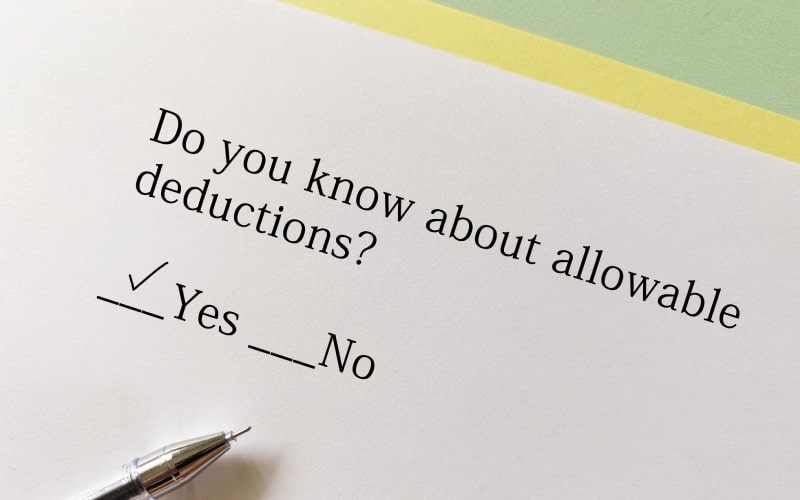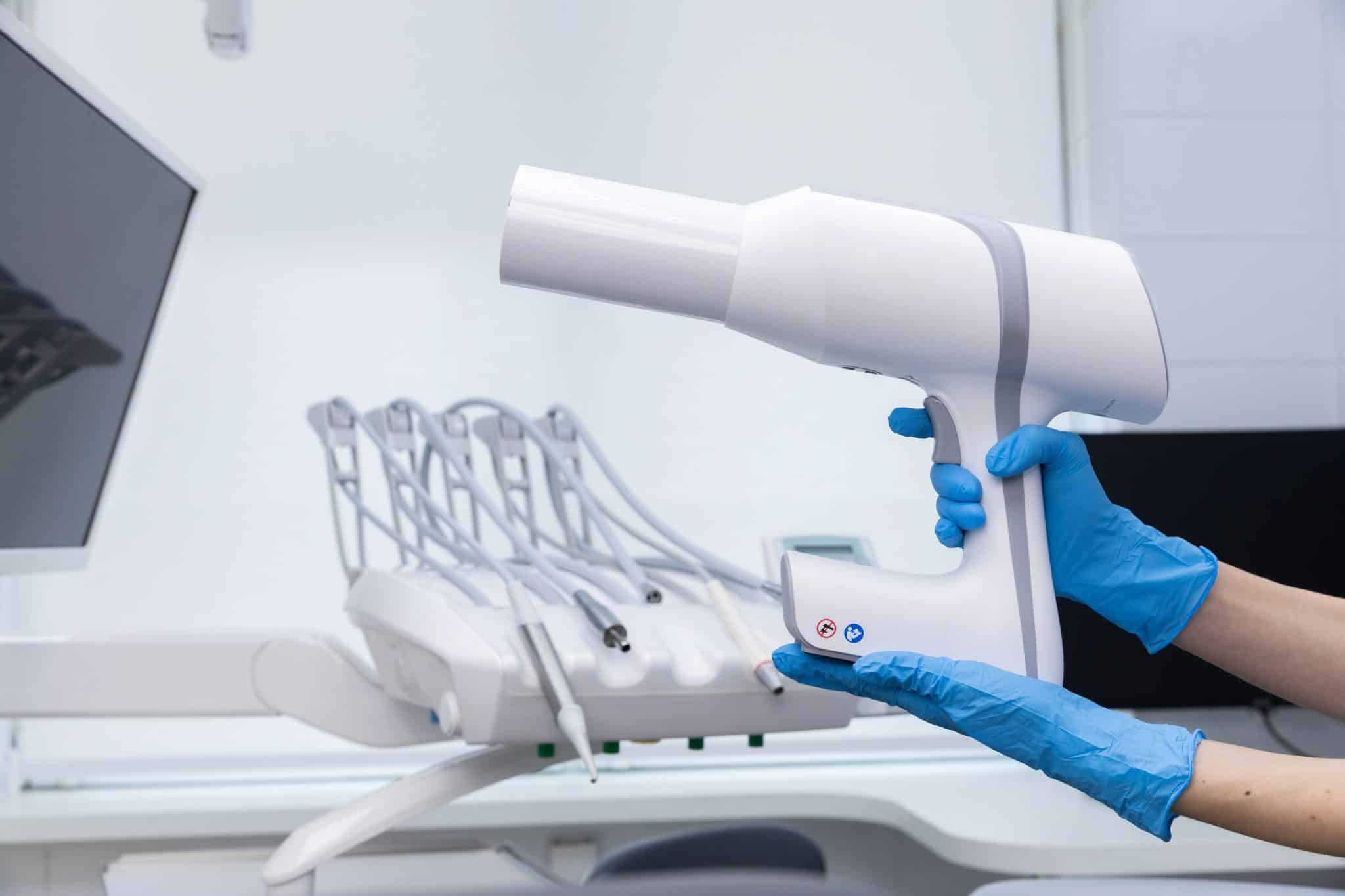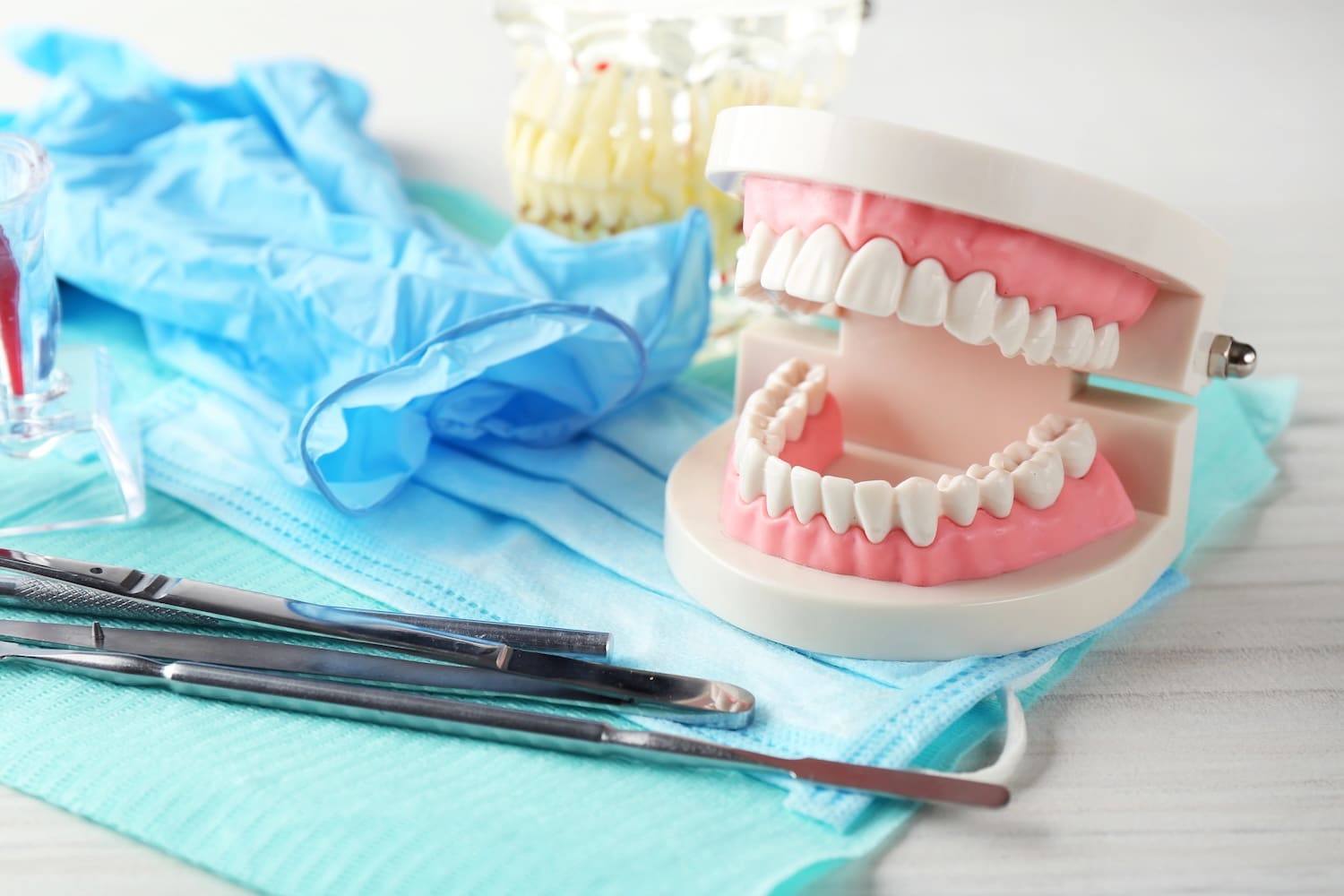Maximizing tax deductions for dental practices is an essential aspect of financial management for practitioners in Canada. By strategically using available deductions, dental professionals can significantly reduce their taxable income, ultimately maximizing their profitability.
Table of Contents
ToggleBeing Informed
Dental practice owners should educate themselves on and be aware of all potential tax deductions they could be eligible for, to help them plan their tax strategies effectively. There are various avenues for reducing tax liabilities, including:
- Bad debt deductions
- Community outreach and philanthropy
- Environmental sustainability expenses
- Health and wellness deductions
- Liability insurance premiums
- Marketing expenses
- Office renovations and accessibility improvements
- Professional development courses and seminars
- Professional memberships and subscriptions
- Telecommunication expenses
- Website development and maintenance costs
It’s crucial to track all deductible expenses diligently to ensure you have sufficient documentation to claim them. Dental practice owners also need to stay current on changes in tax rules, as they are constantly changing. This allows you to stay proactive and adapt your tax strategies accordingly, so you can capitalize on deductions that are available to your practice, to minimize tax burdens.
Some deductions are fairly straightforward to maximize; others, however, may require a strategy to ensure you are leveraging the full benefits of the deduction.
Bad Debts
When patients fail to pay for dental services provided, the unpaid amounts may be classified as bad debts, which are deductible as business losses for tax purposes. In Canada, bad debts are typically deductible in the year they become bad, meaning there must be a reasonable certainty that the debt won’t be recovered. This is usually determined based on the circumstances, including the debtor’s financial condition and collection efforts made by the dental practice.
Maintaining detailed records of collection efforts, including correspondence and payment reminders, ensures you can claim these tax deductions by demonstrating reasonable attempts to collect debts. Having a good system in place to promptly identify uncollectible debts to write them off in a more timely way means you can claim them without excessive delays. Leveraging technology solutions like integrated billing software and automated payment reminders streamlines processes and can help with this.

Charitable Giving and Community Outreach
Contributions to local charities, community events, or healthcare initiatives demonstrate corporate social responsibility and may qualify as deductible expenses. Dental practices can maximize the tax benefits of contributions to local charities and community events by ensuring proper documentation of all donations. Keep detailed records of cash donations, volunteer hours, and in-kind contributions, including receipts and acknowledgment letters from charitable organizations. Additionally, these efforts can boost your dental practice’s public image and visibility.
Cybersecurity and Data Protection
As data breaches and cyber threats become increasingly prevalent, investing in cybersecurity measures such as encryption software, data backup solutions, and employee training programs is essential for protecting your patients’ information. Dental practice owners should be aware that these expenses could be deductible, and that ongoing expenses, including audits can be deductible.
Marketing and Advertising
Don’t forget that marketing and advertising expenses are deductible. Be sure to track all marketing expenditures throughout the year and maintain detailed records, and be careful to include all forms of outreach – if you pay for someone to monitor your social media profiles, that could be an eligible expense. Choosing ways of advertising that allow you to track your expenses more clearly may make it easier for claiming this deduction. While many dental practice owners worry about spending money on this, considering how it can boost your business, and can result in reduced taxes means that you may be able to increase spending on advertising without impacting your bottom line.
Professional Liability Insurance
Premiums paid for professional liability insurance coverage, including malpractice insurance, are deductible expenses for self-employed dentists and dental practices. In some cases, you may be able to prepay your professional liability insurance premiums to maximize this deduction in a year you need it, or time your payments. Consulting with a tax professional is recommended for this type of strategy to ensure compliance with tax rules as well as implementing it effectively.
Website Development and Maintenance
While many dentists are aware that the initial development of a website is deductible, they are often not aware that the ongoing maintenance costs, including website updates and security enhancements, may also qualify. The fees paid to web designers can be claimed as a current expense, so you can promote your dental practice and maximize this deduction by investing in search engine optimization (SEO) strategies and regularly update website content with informative articles, testimonials, and promotions to educate and engage patients. You can also enhance online appointment scheduling to enhance patient experiences.

Holistic Approach
Maximizing tax deductions for dental practices in Canada requires a proactive and strategic approach. By leveraging available deductions, dental practice owners can effectively reduce their taxable income and enhance overall profitability.
However, it’s also important to balance these business tax strategies with personal tax strategies and financial objectives. Generally, maximizing a deduction or tax strategy in one area will reduce your ability to leverage it in the other, so keeping a holistic view is critical to reduce overall tax liability when both business and personal taxes are considered.
Through careful planning and coordination, dental professionals can optimize tax efficiency; consulting with qualified tax professionals like the experts at Dental Tax, who specialize in dental practices specifically, will help you ensure compliance with relevant tax laws and regulations, while maximizing available deductions to save you money.
Adam has an MBA from the Richard Ivey School of Business in London and also holds a Chartered Investment Manager designation.
- Tax Return Preparation Guide for Dental Professionals - January 19, 2026
- Financial Lessons from Successful Dental Practices - January 12, 2026
- 2026 Tax Changes Affecting Canadian Dentists - January 5, 2026




